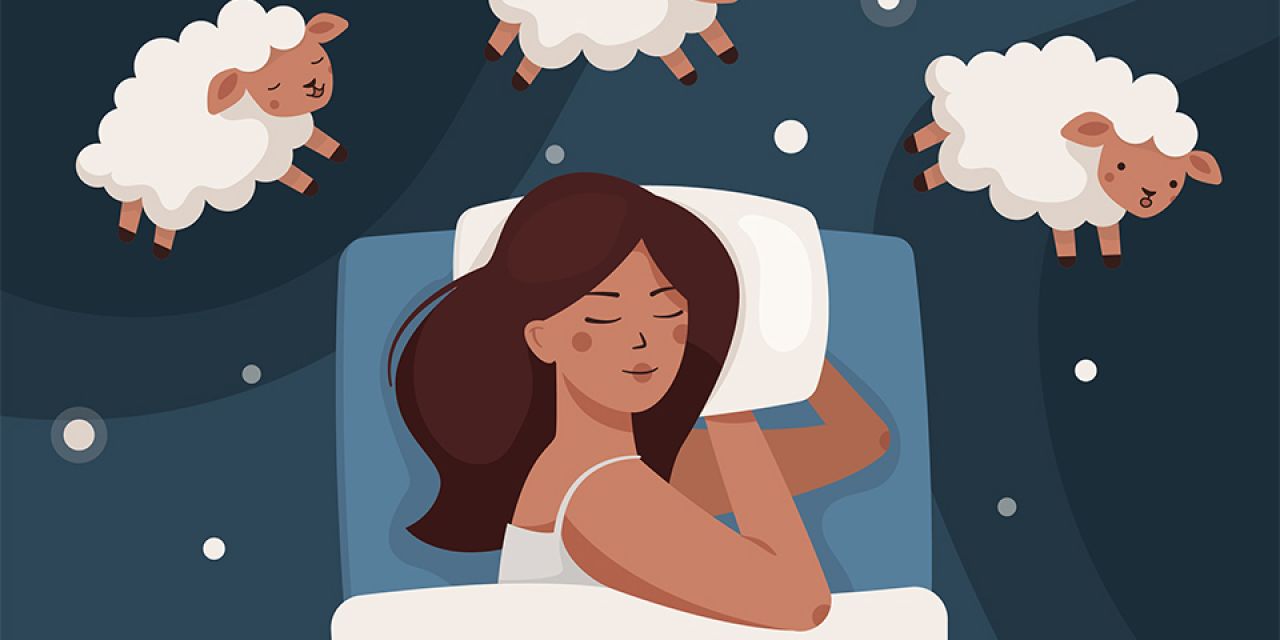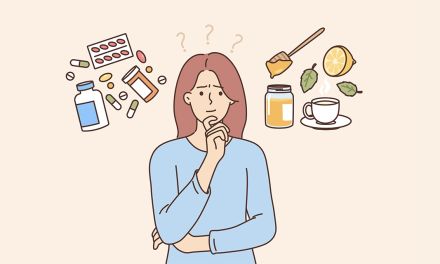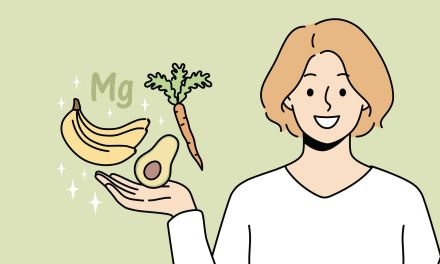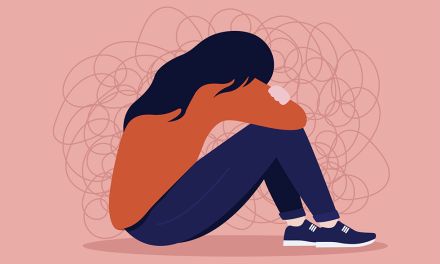Improve Your Sleep –
Tips for a Better Night’s Rest
by Dr. Shelby Worts, BSc, ND

Why does good sleep matter? Aside from simply having low energy the next day, lack of sleep has also been associated with obesity, depression, irritability, type 2 diabetes, cardiovascular disease, cognitive decline, injuries, and a reduced sense of well-being.
If you’re struggling to get the sleep you need, here’s a friendly guide to help you understand what might be affecting your rest, along with a simple routine that works for me.
Common sleep disruptors include:
Stress: An overactive mind, often driven by stress, can keep you awake at night, making it difficult to unwind or resume sleep.
Screen Time: Exposure to screens before bed not only interferes with melatonin production, which is key for falling asleep, but also significantly impacts sleep quality.
Alcohol: While alcohol may help you fall asleep, it can disrupt your sleep cycle, causing you to wake during the night.
Hormones: For women, hormonal fluctuations during fertile years or menopause can interfere with sleep.
Evening Habits: Activities that are too stimulating (like intense exercise or engaging in heavy discussions) can spike your stress hormone cortisol and prevent relaxation.
Blood Sugar: Highs or lows in blood sugar can wake you during the night, often accompanied by sweating.
Eating Late: Eating within three hours of bedtime can interfere with sleep quality and how you feel upon waking.
Bedroom Conditions: Temperature, light, and noise all play a role in creating a sleep-friendly environment.
Bedding: Opt for breathable, natural fibres in your bedding to stay cool throughout the night.
What You Wear to Bed: Choose lightweight, natural fabrics to avoid overheating during sleep. For optimal temperature control, sleep naked.
Activity Level: A sedentary lifestyle can contribute to poor sleep.
Lack of Routine: A regular sleep schedule is key—the ideal sleep time for most people is 10 p.m. to 6 a.m.
Additionally, caffeine, pain, shift work, and sleep conditions like sleep apnea or snoring can also cause sleep disturbances.
My Sleep Routine:
9:00 p.m.: Disengage from electronics. I prepare my lunch for the next day, do any quick tidying up, then read a book in the living room. On Sunday evenings, I will also take a natural sleep aid.
9:30 p.m.: Get ready for bed. I climb into bed no later than 9:45 p.m. with a book I’ve read before (new books can be too engaging for the mind). I also set my Philips Wake-up Light to gradually dim over 30 minutes, which helps me fall asleep while my Kindle automatically shuts off. The room is kept cool (ideally 18°C/65°F) and dark for the best sleep environment.
6:00 a.m.: Exercise for 20–40 minutes.
Natural sleep aids that may help include: Melatonin, GABA, magnesium, chamomile, valerian, hops, passionflower, vitamin B6 (if sleep changes throughout the month), medical cannabis, 5-HTP, L-theanine. These each have specific uses—depending on whether your issue is falling asleep or staying asleep, and whether you are kept awake by your body or your mind. For a comprehensive evaluation of what may be interfering with your sleep quality, and for personalized solutions, consult with your licensed Naturopathic Doctor.
Sleep is the ultimate foundation of health—you need to sleep in order to heal! E









